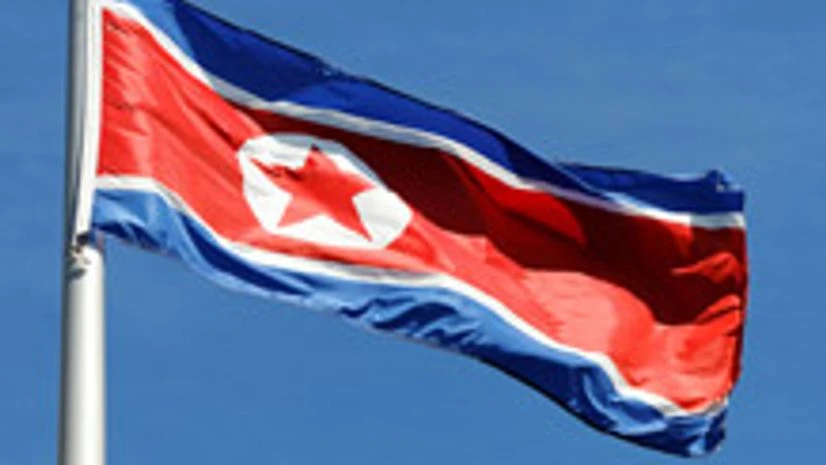North Korea now has its own time zone.
Bells were rung in Pyongyang and celebrations held at midnight as the nation's clocks were set back 30 minutes to mark the August 15, 1945 anniversary of the Korean Peninsula's liberation from colonial rule at the end of World War II.
Previously, both Koreas and Japan shared the same time zone, nine hours ahead of GMT, which was established under Japan's 1910-1945 colonial rule.
More From This Section
But the effort to erase the legacy of the colonial period resonates with many Koreans on both sides of the Demilitarized Zone who remember the harsh rule of the Japanese and continue to harbor deep resentment toward Tokyo.
"This is a great event in the history of the Korean nation, as it is of great significance in completely eradicating the leftovers of the Japanese imperialists in all fabrics of social life," the North's state-run Korean Central News Agency said in a commentary earlier this week.
The new time zone, which North Korea calls "Pyongyang Time," was adopted by the then-unified Korea in 1908, but changed to the Japanese time zone on Jan. 1, 1912, two years after the peninsula was colonized. South Korea briefly revived the time old zone from 1954 to 1961, while North Korea stuck with the Japanese zone until now.
Pyongyang's decision to create a 30-minute difference in time is unusual but not unprecedented. Countries such as India, Iran and Myanmar have half-hour differences from their neighbors. Nepal has a 45-minute lag.
Jong Sok, chief astronomer at the Pyongyang Observatory, said the change suits North Korea's natural conditions.

)
